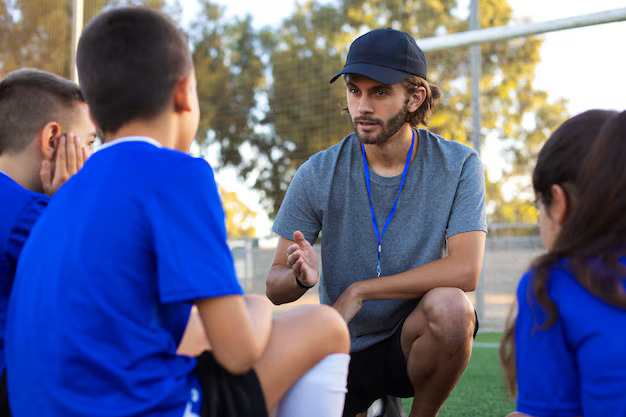Behind every gold medal, record-breaking performance, or legendary comeback lies not just physical strength but also unshakable mental toughness. Sports stars understand that their mind is the ultimate battleground where pressure, fear, and self-doubt can either break them or transform them into champions. While fans often admire their athleticism, the true secret to consistent greatness is their mental conditioning. In this article, we’ll explore 7 powerful ways sports stars train their minds to be unbreakable strategies you can apply in your own life, too.
1. Visualization and Mental Imagery:

Elite athletes regularly visualize their success before stepping onto the field or court. They create vivid mental images of performing flawlesslywhether it’s scoring a goal, running the perfect sprint, or delivering a winning serve.
- Helps boost confidence and preparedness.
- Reduces anxiety by making unfamiliar situations feel predictable.
- Builds a “mental rehearsal” that strengthens performance under real pressure.
2. Mindfulness and Meditation:

Sports stars like Novak Djokovic and Virat Kohli rely on mindfulness practices to stay calm and present. Meditation helps them control racing thoughts, focus on the “now,” and avoid choking under stress.
- Reduces distractions.
- Improves concentration and decision-making.
- Enhances emotional balance even in high-pressure moments.
3. Positive Self-Talk and Affirmations:

Top athletes constantly train their inner voice. Instead of letting self-doubt take over, they use powerful affirmations like “I am strong,” “I can do this,” or “I won’t give up.”
- Builds resilience against negativity.
- Strengthens belief in their abilities.
- Acts as an instant motivator before and during competition.
4. Goal Setting and Micro-Targets:

Sports stars don’t just focus on winning championships; they break goals into smaller, achievable steps. By hitting daily, weekly, and monthly targets, they build unstoppable momentum.
- Provides clarity and direction.
- Creates accountability and motivation.
- Makes big dreams feel achievable.
5. Embracing Failure as Feedback:

Unlike amateurs who fear mistakes, elite athletes embrace failure as a learning tool. Michael Jordan famously said, “I’ve failed over and over… and that is why I succeed.”
- Builds adaptability and persistence.
- Reduces fear of failure.
- Turns setbacks into stepping stones for future success.
6. Stress Simulation Training:

To handle high-pressure moments, many athletes simulate stressful conditions during training. Cricketers practice chasing runs in the last over, sprinters rehearse false starts, and footballers play under time constraints.
- Prepares the mind to perform under pressure.
- Makes actual competition feel less overwhelming.
- Sharpens decision-making speed.
7. Surrounding Themselves with Mental Coaches & Support Systems:

Sports stars understand that even the strongest minds need guidance. They work with sports psychologists, mentors, and coaches who help them refine their mental game.
- Provides accountability and perspective.
- Ensures emotional stability.
- Helps maintain balance between personal and professional life.
